According to Thai Government deputy spokesman Anukul Prueksanusak, this is a symptom of "earthquake sickness", which occurs when a person's balance system is disrupted.
The Thai Ministry of Public Health has issued guidelines to help manage these symptoms. Most cases are only temporary, but for those with anxiety disorders or migraines, symptoms can last for weeks.
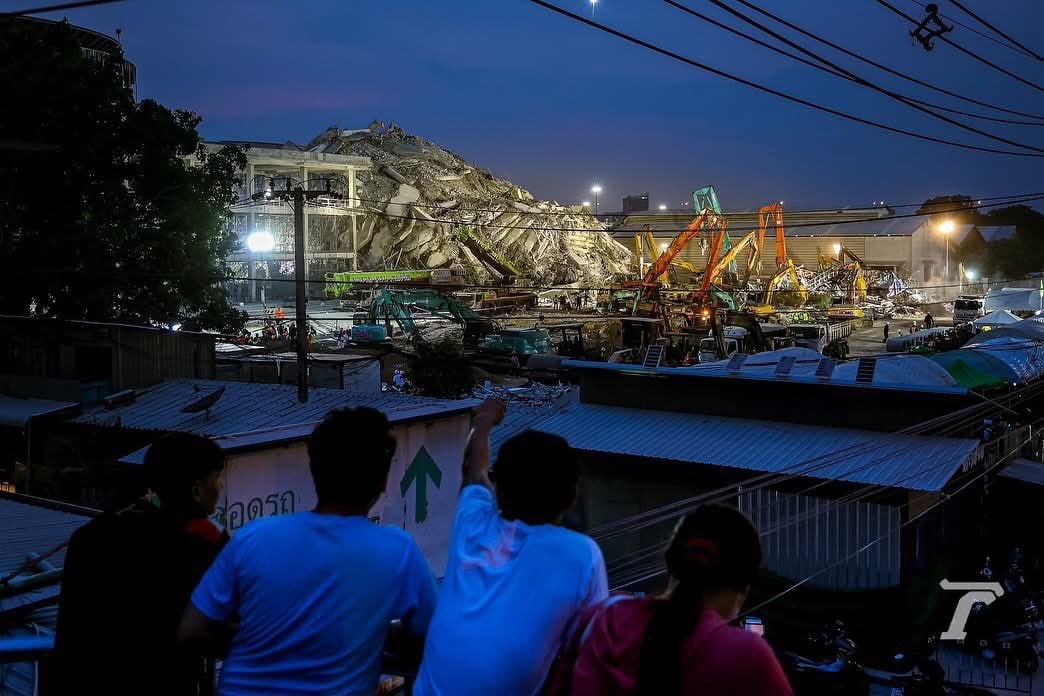
The scene of the 30-story building collapse in Bangkok, Thailand. Photo: Facebook/BkkCommunityHelp
To reduce the impact, the Thai Ministry of Public Health recommends taking measures such as practicing deep breathing, drinking water or ginger tea, avoiding alcohol and caffeine, limiting the use of phones to rest the eyes, focusing on objects in the distance or lying down, avoiding too much exposure to news about casualties to reduce stress. If necessary, you can take anti-motion sickness medication and rest completely.
Mr Anukul said the Thai government is very concerned about the well-being of its people. Those whose lives and work are seriously affected are encouraged to seek medical help or visit here2healproject.com for online mental health counseling.
He said if symptoms persist for more than a week, people should seek medical attention, or can contact the emergency helpline on 1669 or the mental health helpline on 1323 for help.
Ngoc Anh (according to Bangkok Post, NDTV)
Source: https://www.congluan.vn/thai-lan-canh-bao-ve-hoi-chung-say-dong-dat-post340867.html


![[Photo] Prime Minister Pham Minh Chinh chairs meeting after US announces reciprocal tariffs](https://vstatic.vietnam.vn/vietnam/resource/IMAGE/2025/4/3/ee90a2786c0a45d7868de039cef4a712)
![[Photo] Special relics at the Vietnam Military History Museum associated with the heroic April 30th](https://vstatic.vietnam.vn/vietnam/resource/IMAGE/2025/4/3/a49d65b17b804e398de42bc2caba8368)
![[Photo] General Secretary To Lam receives Japanese Ambassador to Vietnam Ito Naoki](https://vstatic.vietnam.vn/vietnam/resource/IMAGE/2025/4/3/3a5d233bc09d4928ac9bfed97674be98)

![[Photo] Moment of love: Myanmar people are moved to thank Vietnamese soldiers](https://vstatic.vietnam.vn/vietnam/resource/IMAGE/2025/4/3/9b2e07196eb14aa5aacb1bc9e067ae6f)






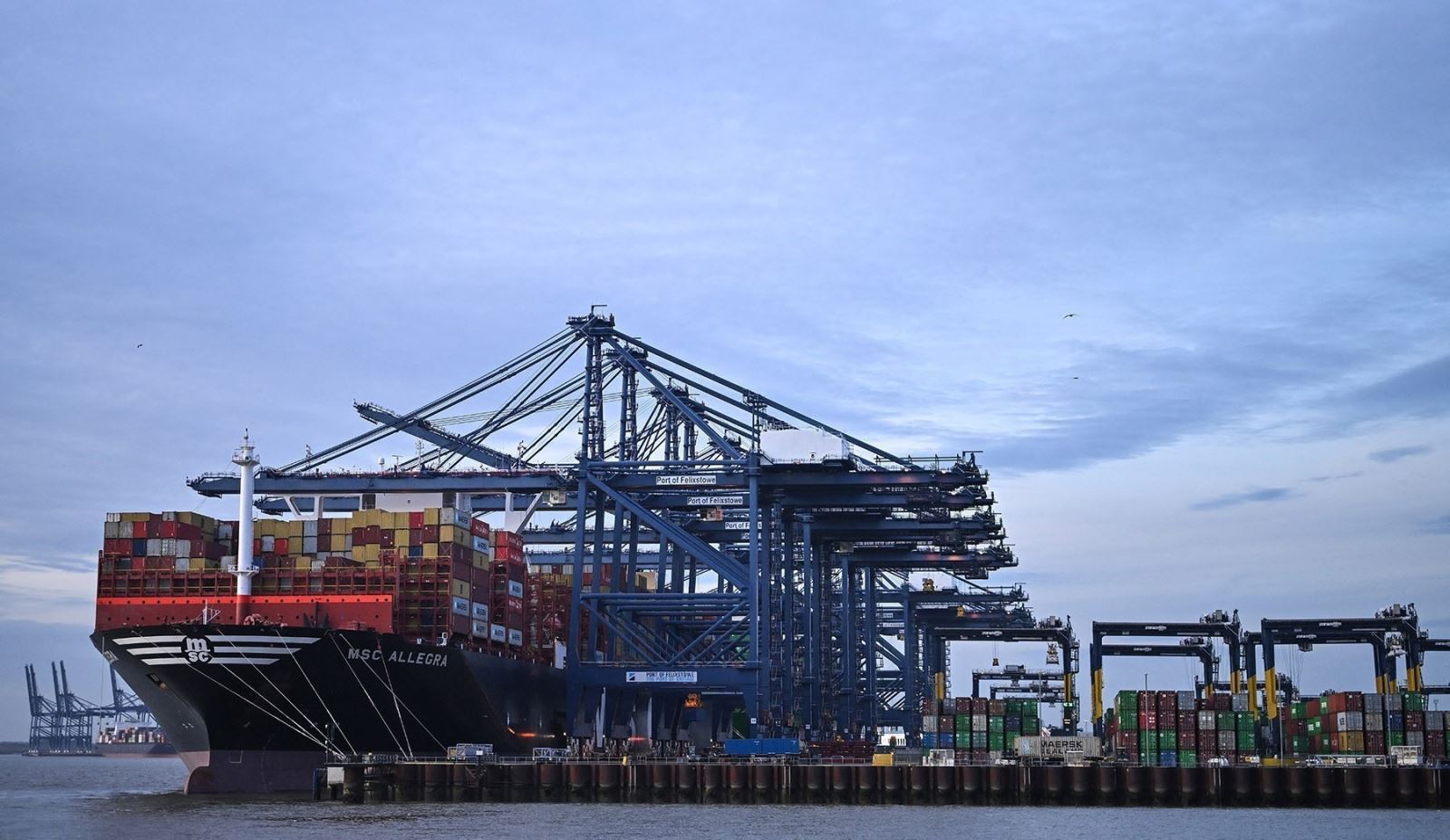





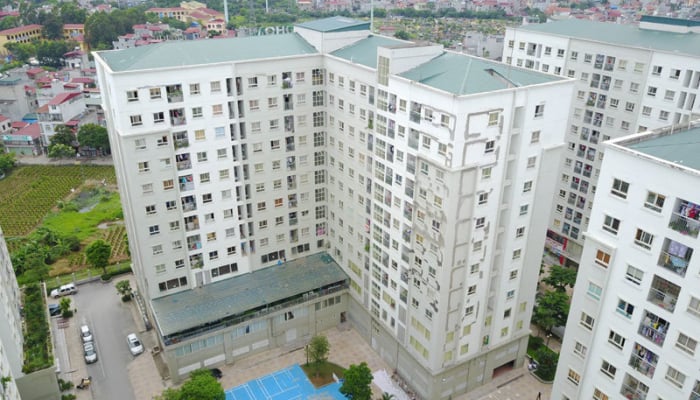













































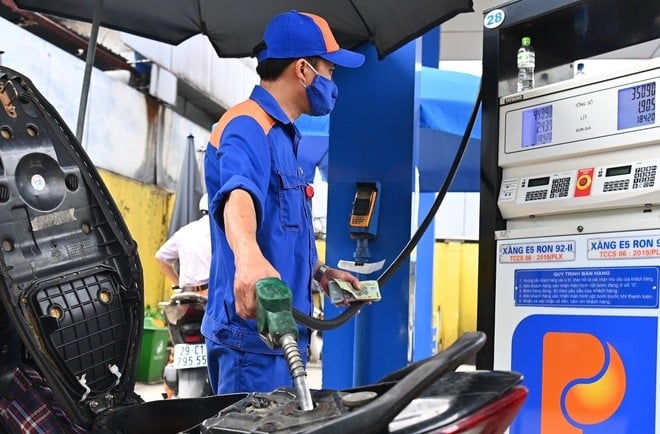






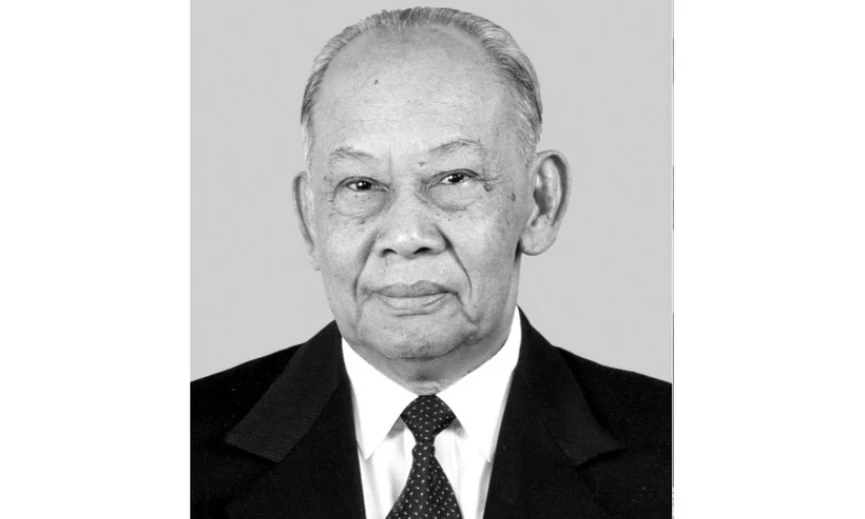


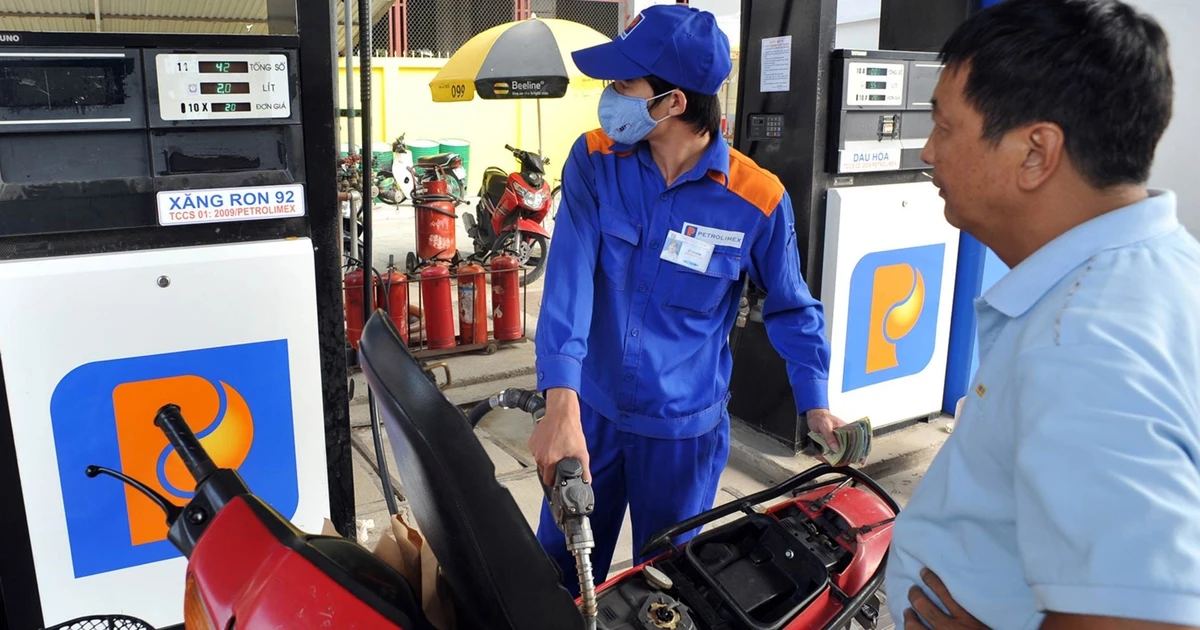












Comment (0)